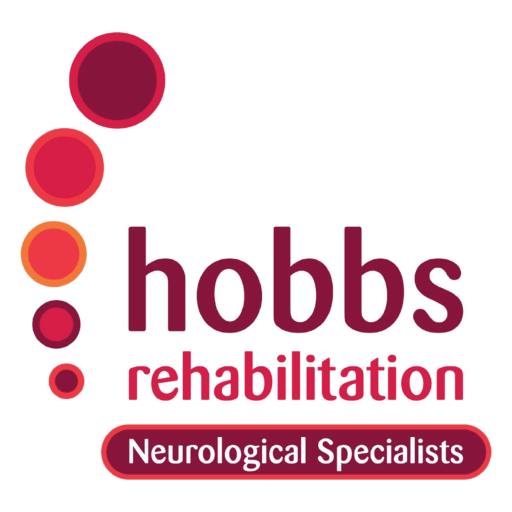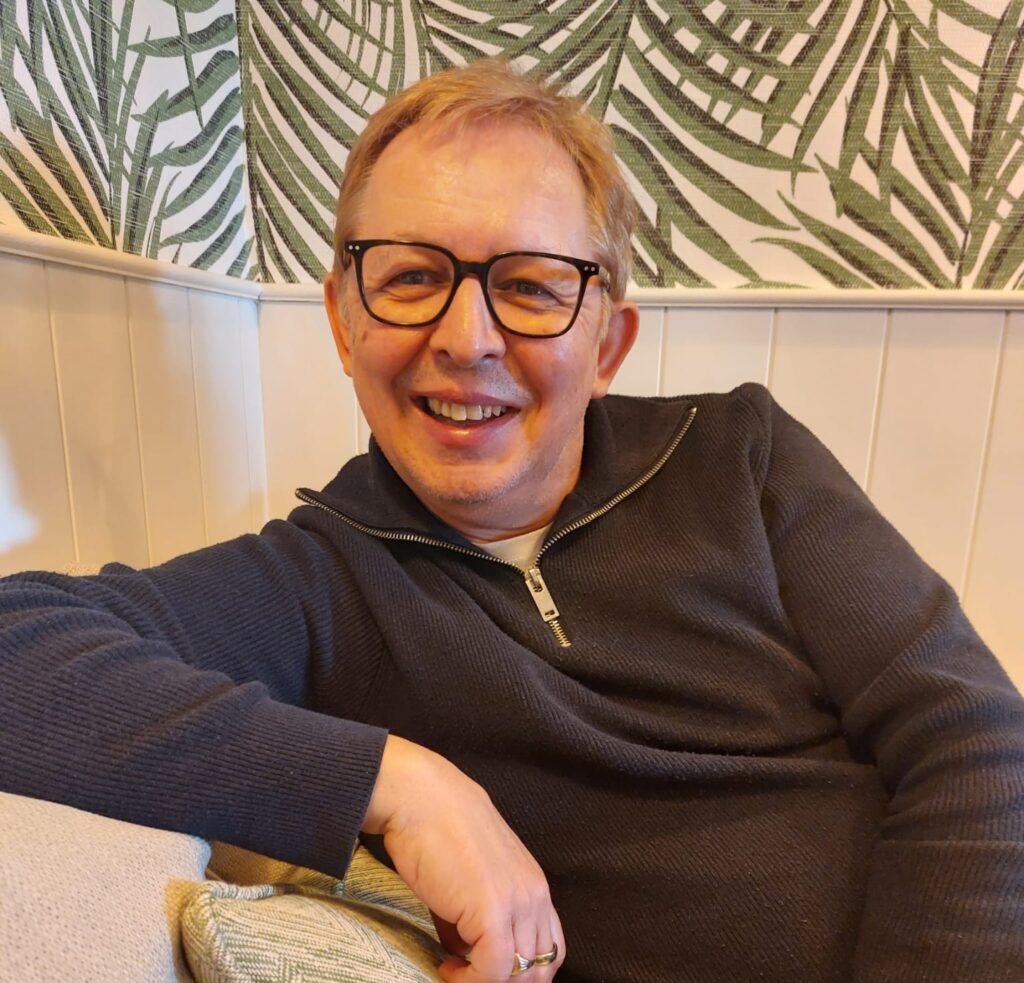On December 22, 2016, David’s life took an unexpected turn, altering everything he knew, even though he didn’t fully grasp it at the time. With just a 5% chance of survival, he embarked on a journey of recovery.
David had an active lifestyle, socialising with family and friends, hitting the gym weekly, exploring the nearby countryside, and enjoying regular theatre outings. David also worked full-time as a Research Manager for the National Institute for Health Research which involved him promoting research in areas like neurology and stroke, a foreshadowing of what awaited him.
Unbeknownst to him, subtle signs manifested – medication for high blood pressure, occasional nosebleeds, and bouts of fatigue. A week before his health crisis, he felt a mysterious “pop” and sensed a drip inside his head. Then he collapsed at home, experiencing severe vomiting and a rapid loss of strength. Rushed to the local hospital, a scan revealed a catastrophic bleed, necessitating a transfer to the Wessex Neurological Centre in Southampton.
Admitted with extensive subarachnoid and intraventricular haemorrhages, David underwent a successful operation on Christmas Eve. Subsequently, he faced numerous challenges in the Neurological Ward – loss of basic functions, difficulty walking, and a significant loss of motivation. His family’s support and encouragement played an important role in his gradual recovery.
One of the lowest points occurred when David developed Bilateral Bell’s Palsy, affecting his speech and eating. Despite numerous scans and tests yielding no definitive cause, feeling and movement returned after a few days. Finally, on January 18, 2017, after a month in the hospital, David received the news that he could return home.
Returning home brought a new set of realisations. Chronic fatigue and frustration set in as David struggled to regain independence. Recognising the need for additional support, his wife reached out to Hobbs Rehabilitation South East at Liss, initiating his rehabilitation in March 2017.
Under the guidance of Laura, Specicalist Neurological Physiotherapist, David engaged in physical exercises to rebuild strength and balance while managing fatigue. Amy, another member of the Hobbs team, reintroduced motivation into his daily life, equipping him with the skills to plan and complete tasks. The frustration of relying on others for daily routines slowly gave way to a newfound motivation, which eventually lead to David to taking up adult swimming lessons.
Transitioning from annoyance and frustration to acceptance of support proved crucial for David’s recovery. Reflecting on the care and support from the Hobbs Rehabilitation team at Liss during the early stages and our ongoing rehabilitation input, David acknowledged our role in his daily life. Traumatic brain injuries manifest differently in each individual, and the Hobbs Rehabilitation team’s exceptional care, patience, and adaptability instilled hope in David’s recovery.
By June 2017, David returned to his job, continuing until his retirement the following year. His journey, marked by resilience and supported by Hobbs Rehabilitation, stands as a testament to the transformative power of specialist neurological rehabilitation.

